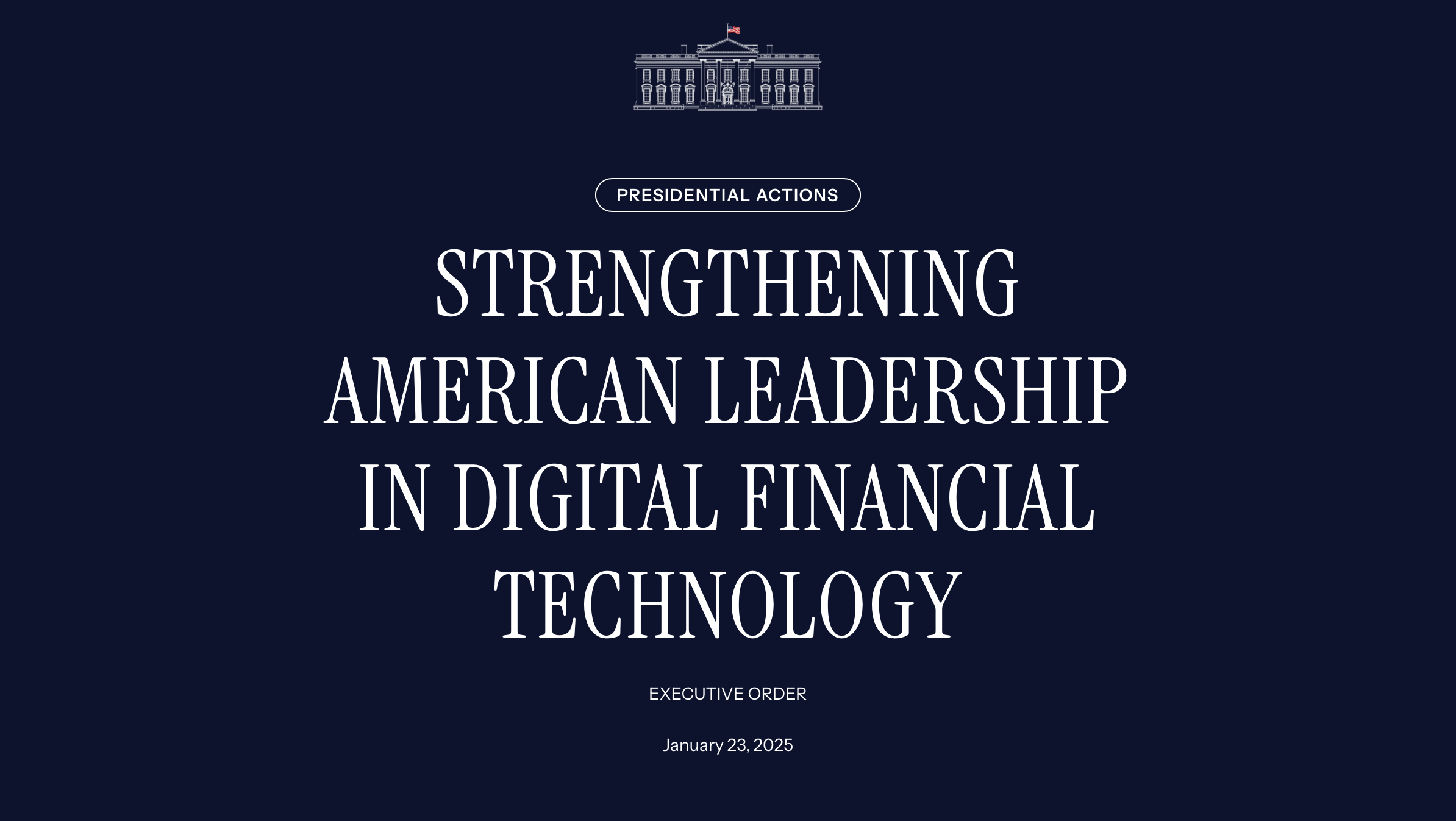
The U.S. Reserve: Prosperity or Crypto Seizure?
The founder of the money transfer service Strike claimed that Ripple is lobbying against the idea of a U.S. strategic Bitcoin reserve. He frames it as Ripple opposing prosperity, freedom, and Bitcoin itself.
But what does the concept of a Bitcoin reserve - which once seemed so promising - actually look like today?
First of all, the U.S. presidential order doesn’t mention a "Bitcoin reserve." Instead, it refers to a “national digital asset stockpile” that could be “derived from cryptocurrencies.”
Where’s Bitcoin in this? Bitcoin is ideal for long-term savings because its value grows over time. The vast majority of other cryptocurrencies, however, follow a different pattern: one or two peaks, followed by a crash and eventual obscurity. Holding onto them long-term is a losing game - it leads to losses, not gains. Where’s prosperity?
Secondly, the digital asset reserve is supposed to be built from cryptocurrencies lawfully seized by the government through its law enforcement efforts.
What does that mean in practice?
- When someone steals your cryptocurrency from an exchange, the U.S. government confiscates it from the thieves and keeps it.
- When the government deems an exchange holding your crypto to be operating illegally, it arrests the owners, seizes the assets - including your crypto - and keeps it for itself.
This order enshrines that practice. It ensures the U.S. government will continue to forcibly seize crypto assets that you’ve entrusted to someone else. Where’s freedom in this?
A U.S. Bitcoin reserve isn’t about prosperity, freedom, or even Bitcoin. Maybe Ripple is right to try to stop it.
Protect your crypto!
- Don’t rely on custodians!
- Use Bitcoin for long-term savings!
- And if you need to exchange one cryptocurrency for another, head to rabbit.io.













